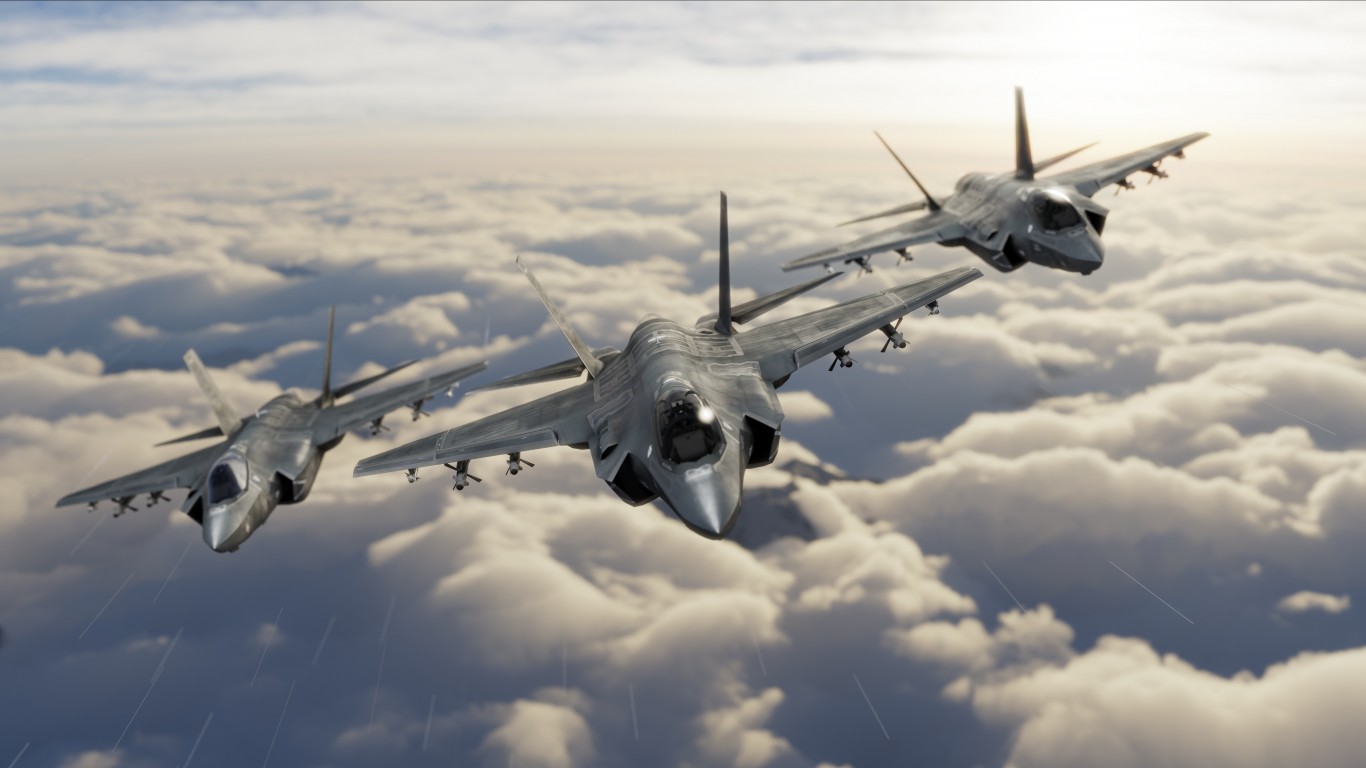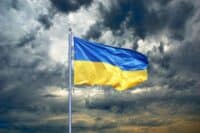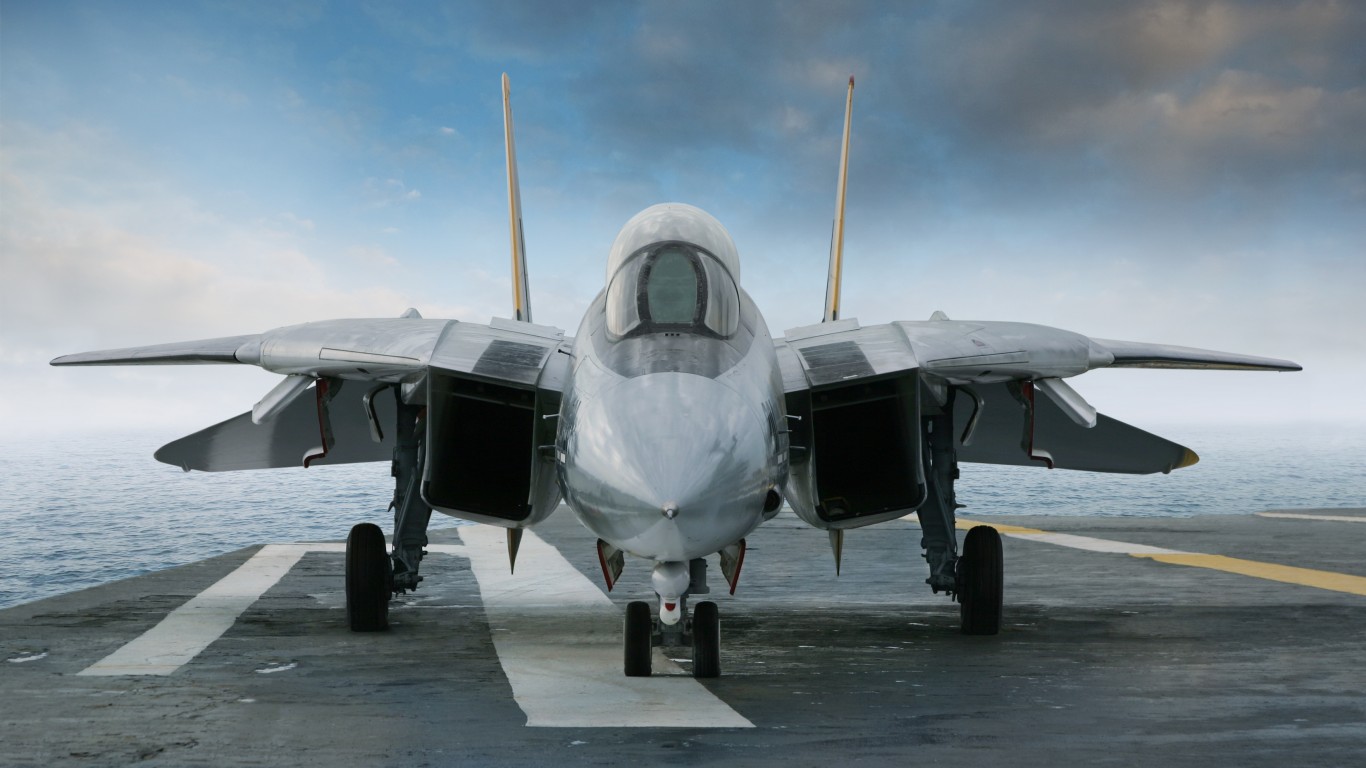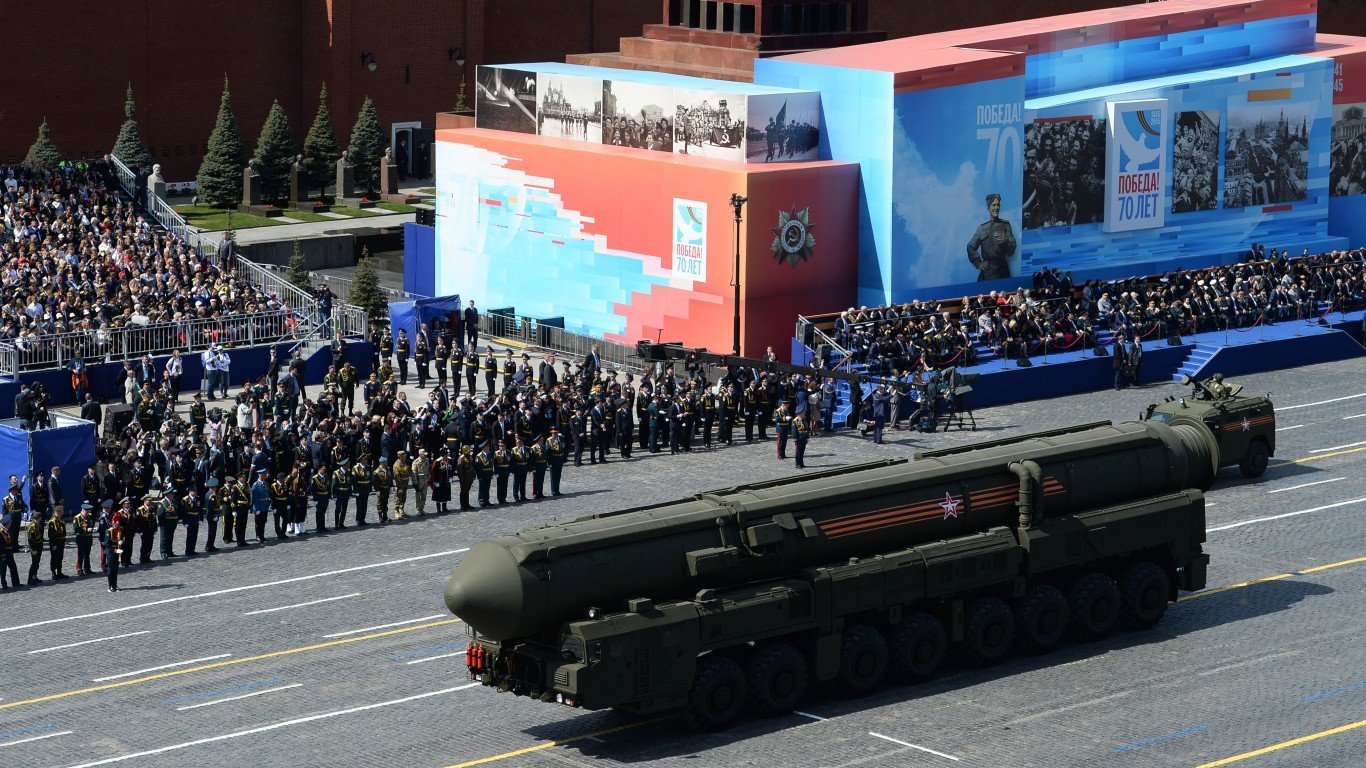

Since the dissolution of the Soviet Union in 1991, Russia has had seven official and three temporary Ministers of Defense. The position is chiefly concerned with the day-to-day running of Russia’s armed forces. Most of those who have held the post have come from military or intelligence backgrounds. This article will examine the key actions, events, and outcomes of Russia’s Defense Ministers.
Why This Matters
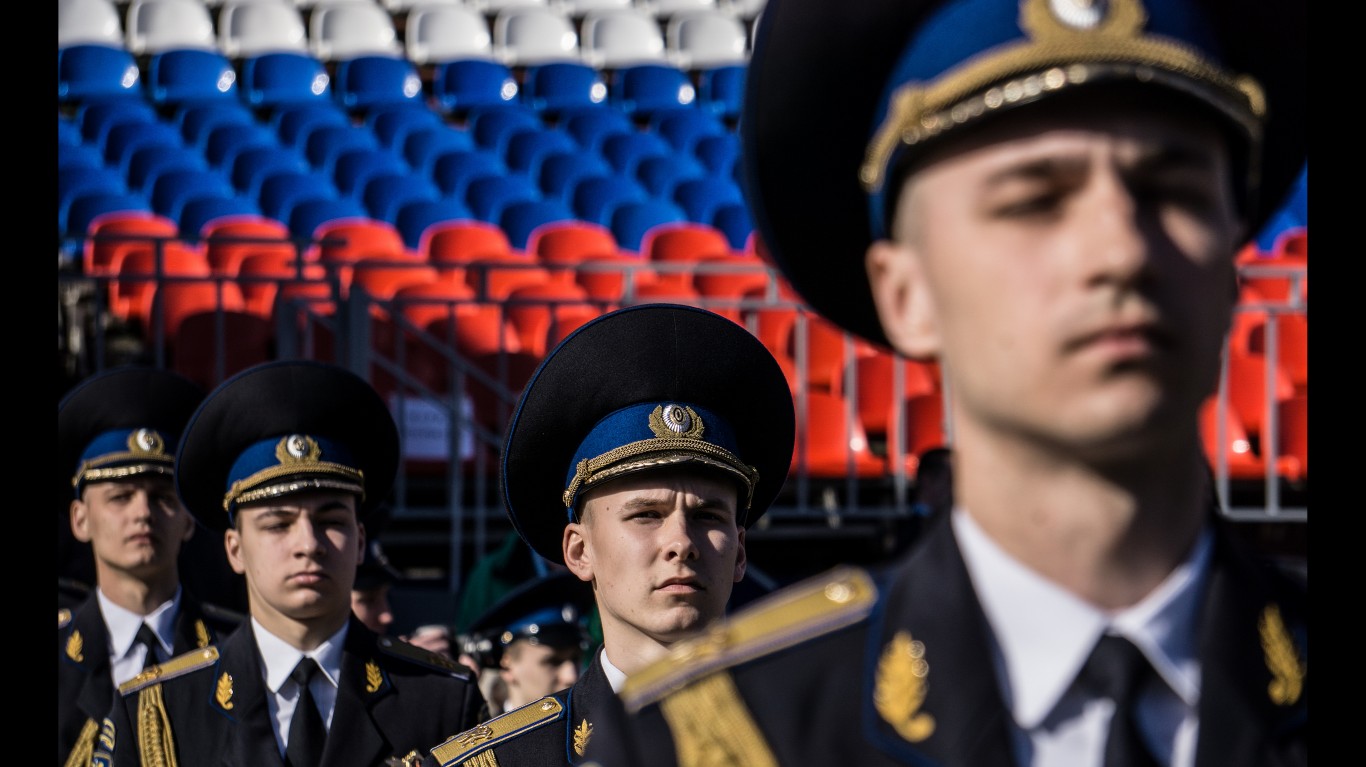
The Minister of Defense is a hugely influential position and the person holding the office reveals a great about the direction and priorities of the administration. The previous Defense Minister was in office for twelve years but was blamed for the failures in Ukraine. His dismissal and replacement show what Russia has planned next for the war in Ukraine.
Acting and Temporary Ministers
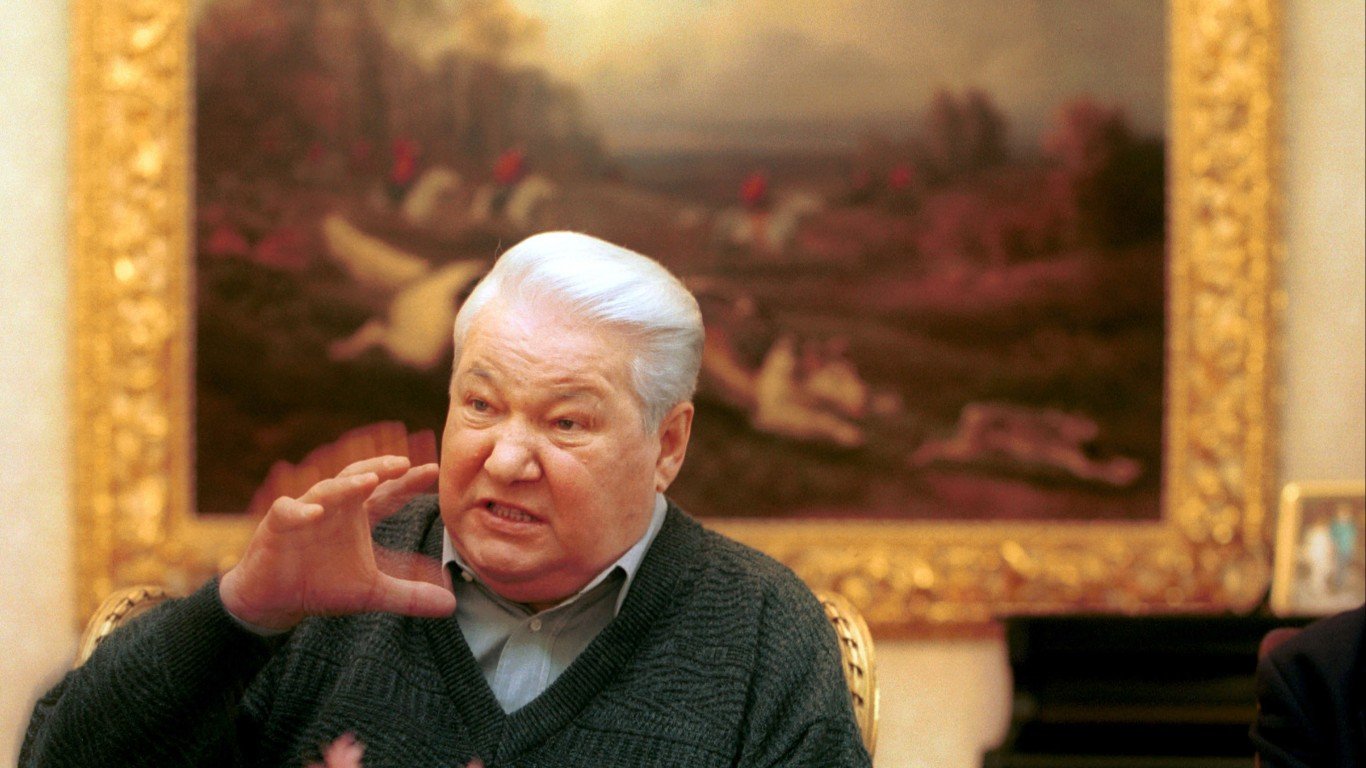
Konstantin Kobets was the first person to act as Russia’s Minister of Defense, albeit briefly and temporarily. Kobets backed Boris Yeltsin during the attempted coup in August 1991 and was named minister during the crisis. His short tenure ended on September 9th with the abolition of the office.
Yeltsin took on the role alongside the presidency in March 1992 before appointing the first permanent Minister of Defense, Pavel Grachev, two months later. Another temporary minister stepped in after Grachev’s dismissal in 1996. Mikhail Kolesnikov served a day shy of a month from June to July 1996. He was the last acting Minister of Defense.
Pavel Grachev
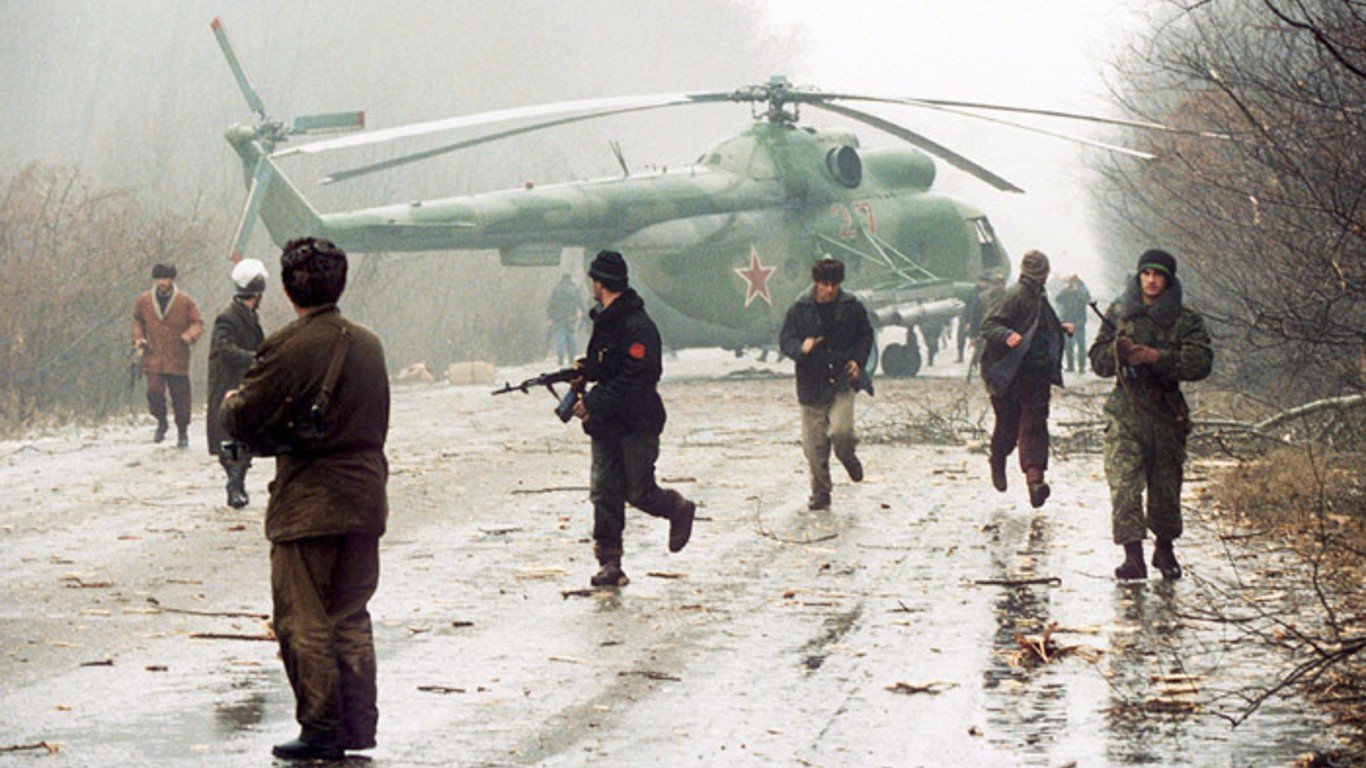
18 May 1992 – 18 June 1996
Pavel Grachev was the first Minister of Defense of Russia. An experienced commander, he led paratroopers in the Soviet-Afghan War in the 1980s. A close ally of Boris Yeltsin, his position owed more to his loyalty than his abilities. He backed Yeltsin in the aforementioned August 1991 coup and stood by his president during the 1993 constitutional crisis.
At the dawn of the first Chechen War, Grachev boasted that a single airborne unit could topple the Chechen regime and the crisis would be over in a matter of days. The war lasted almost two years and Russia lost thousands of troops. Gravel was heavily criticized for the debacle and was dismissed in June 1996.
Igor Rodionov
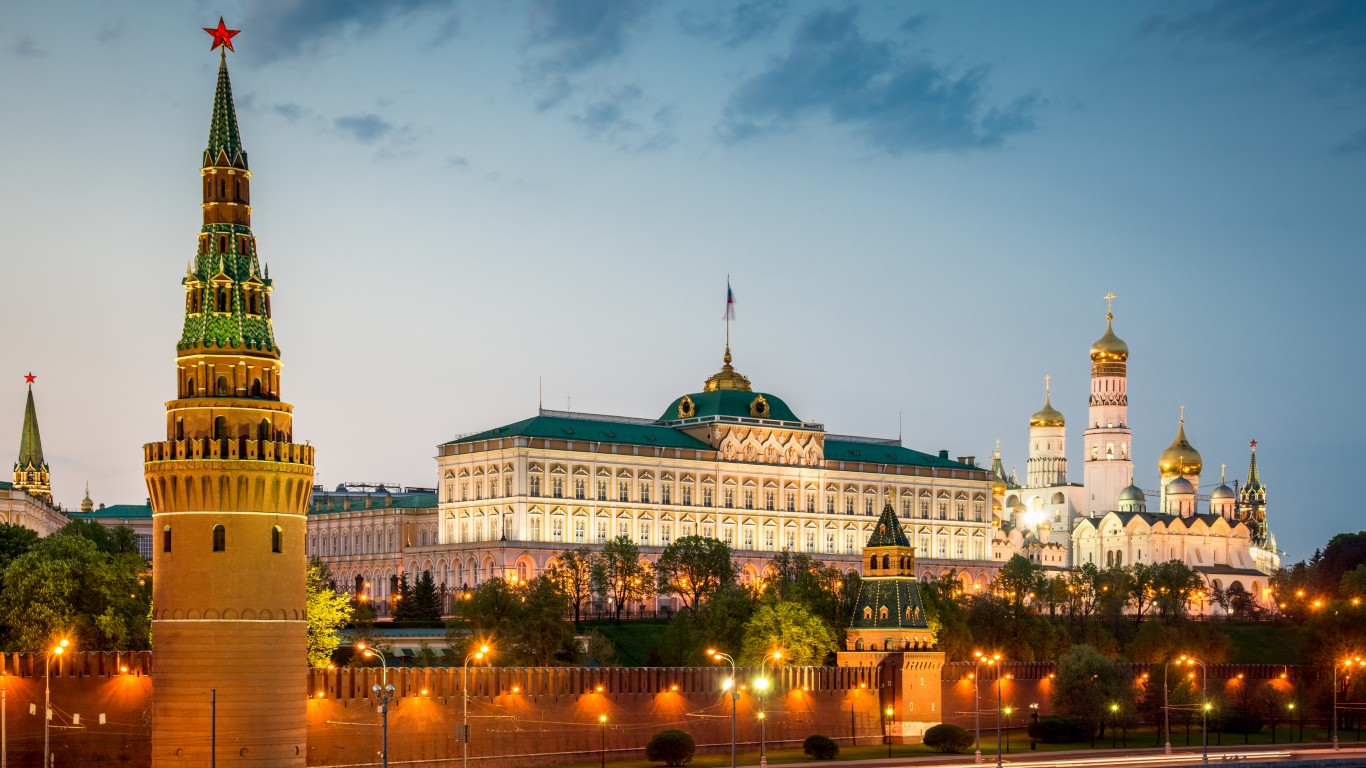
7 July 1996 – 22 May 1997
Once the Soviet commander of the trans-Caucasus region, Igor Rodionov was held responsible for a violent crackdown on protests in Tbilisi, Georgia on April 9th, 1989. 16 people died when Rodionov ordered his troops to open fire. He was later reassigned to the General Staff Academy.
Rodionov lasted less than a year as Minister of Defense as his time in office was hampered by a severe lack of funds. He was tasked with reforming an army where soldiers went without pay for months. Rodionov consistently warned of the dire consequences of not funding the military in the fall of 1996. He was removed from his post in May 1997.
Igor Sergeyev
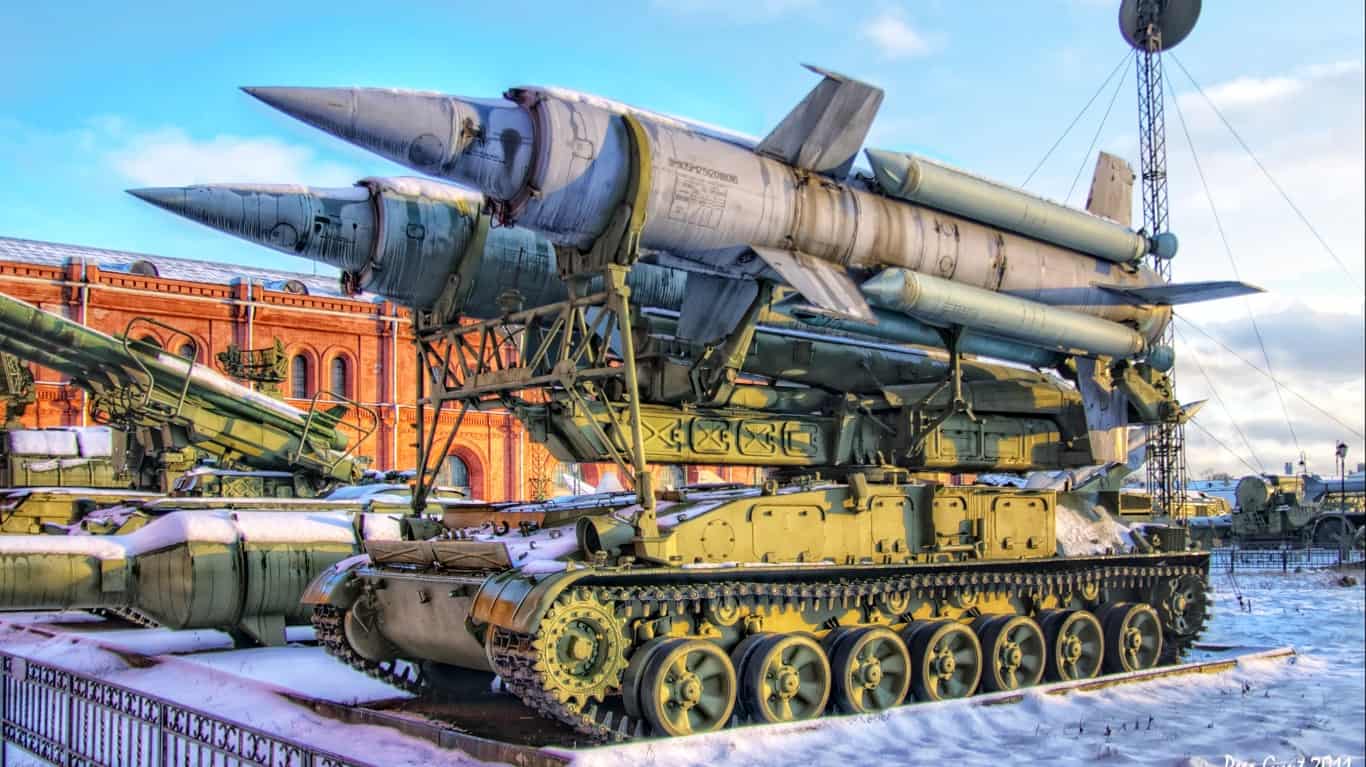 Source: peer_gynt / Flickr
Source: peer_gynt / Flickr

22 May 1997 – 28 March 2001
As the former head of the Strategic Missile Force, Igor Sergeyev wanted to focus more on nuclear weapons than conventional forces. The dire financial situation of the 1990s left Russian nuclear facilities in serious jeopardy. His spending priorities ignited internal struggles within the Russian military.
Disaster struck in August 2000 when the apparently unsinkable nuclear submarine, Kursk, sank off the northern coast of the Murmansk Oblast. All 118 crew perished and Sergeyev ultimately took responsibility for the disaster.
A year before he died in 2006, he visited the Pentagon and saw the infamous hotdog stand in the building’s center. The exact spot he’d once targeted for a nuclear strike as the head of the Strategic Missile Force.
Sergei Ivanov
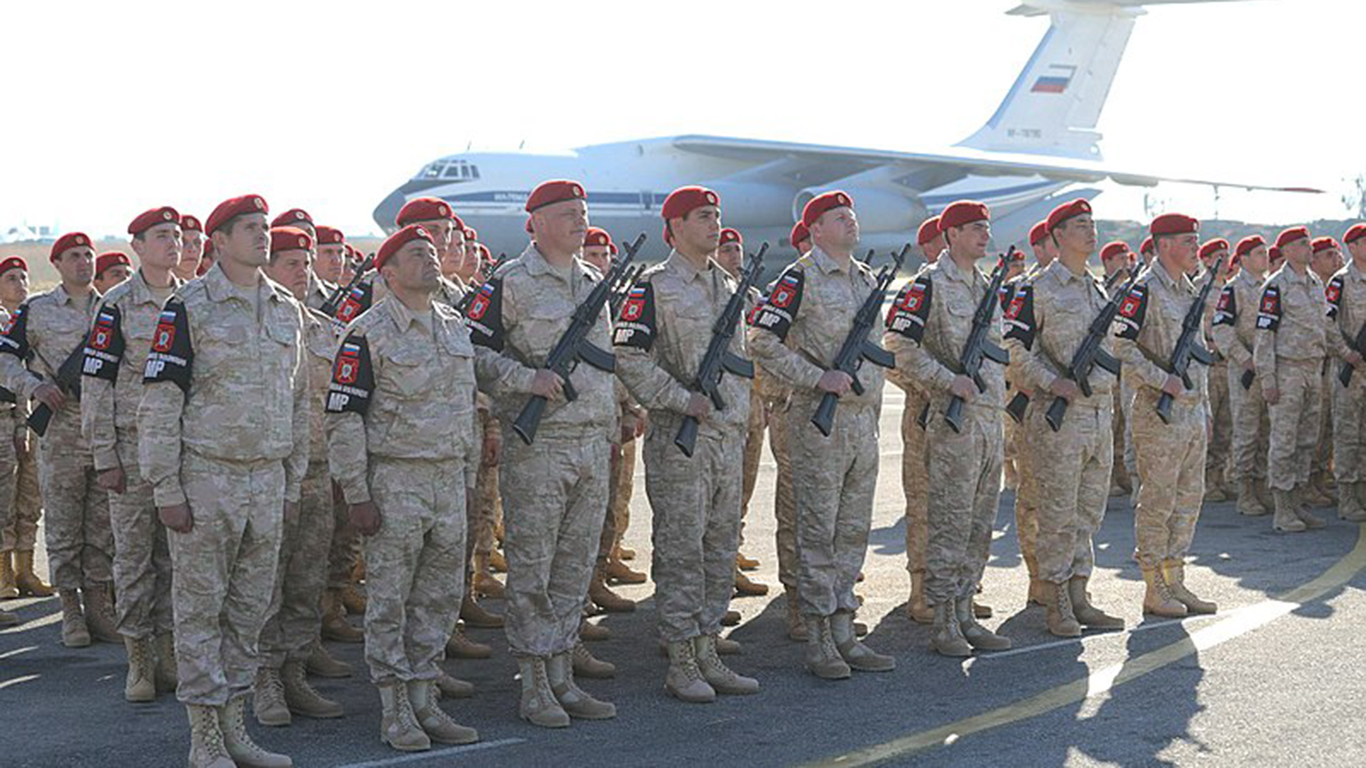
28 March 2001 – 15 February 2007
The first Minister of Defense appointed by Vladimir Putin, Sergei Ivanov has known the Russian president since their days in the KGB. He became the Secretary of Russia’s Security Council in 1999 before succeeding Igor Sergeyev as Minister of Defense in 2001.
Ivanov sought a more balanced Russian military, with equal priority given to maintaining the country’s nuclear arsenal and building up its conventional forces. His aim to create a more professional army was undermined by a lackluster response to a shocking hazing incident in 2006. Eight conscripts were subjected to hours of savage beatings, one so severe he lost his legs and genitals. Dedovshchina, the Russian term for hazing, remains a rampant problem in the Russian military.
Ivanov was promoted to First Deputy Prime Minister on February 15th, 2007, ending his tenure as Minister of Defense. He later served as Putin’s Chief of Staff until his dismissal in 2016.
Anatoly Serdyukov
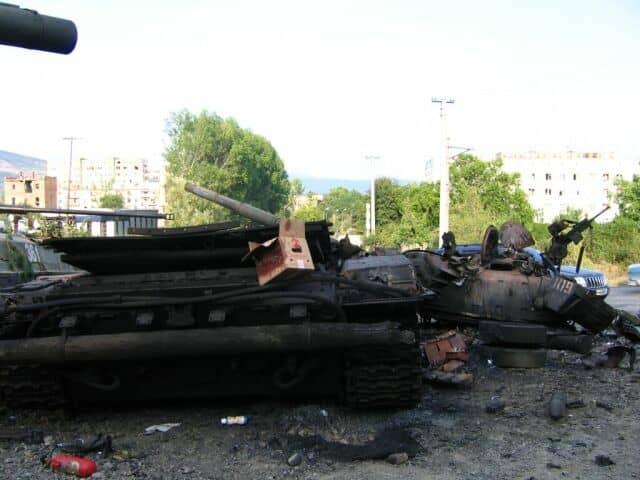
15 February 2007 – 6 November 2012
Another long-time Putin ally, Anatoly Serdyukov has known the Russian president since they worked together in St. Petersburg in the early 1990s. He was a controversial choice as Minister of Defense as he limited military experience. He’d previously served as Minister of Taxes and he brought in several colleagues to assist in carrying out reforms to the military.
Recognizing severe bloat in personnel and material, he cut officers and sold off unused equipment while offering better benefits for soldiers and their families. Many senior officers were sent packing as they resisted the reforms. Sedyukov was the Minister of Defense during the invasion of Georgia in 2008.
His efforts to clamp down on waste and corruption were approved by the Russian public, his own lack of integrity caused his dismissal in 2012. Accusations of corruption and an affair with a subordinate angered his father-in-law, another key Putin ally, Viktor Zubkov. He was removed in November 2012.
Sergei Shoigu
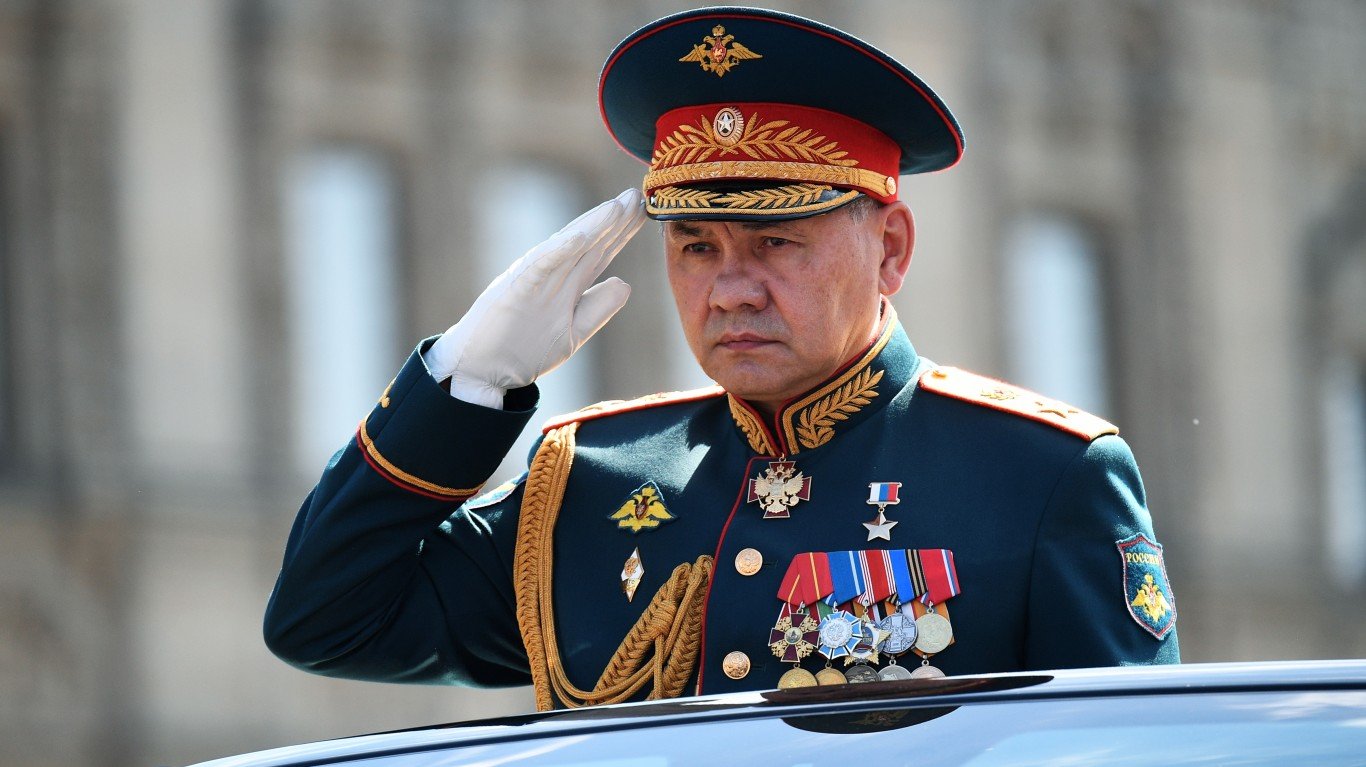
6 November 2012 – 12 May 2024
Sergei Shoigu became Minister of Defense in 2012 after a long stint as the head of the Russian Rescue Corps, now known as EMERCOM. Hailing from a remote oblast that borders Mongolia, Shoigu benefited from his father’s political connections. He gained the confidence of Boris Yeltsin and enjoyed a rapid rise to power, benefiting greatly from Yeltsin’s mistrust of the army.
After 21 years as Minister of Emergency Situations, he replaced Anatoly Serdyukov as Minister of Defense in 2012.
Shoigu took a more conciliatory approach to reform than his predecessor, making him a more palatable choice to top brass than Serdyukov. He formed the Special Operations Command and oversaw Russia’s intervention in Syria and the annexation of Crimea. He was sharply criticized for Russia’s failures in the disastrous opening stages of the war in Ukraine. The late head of Wagner, Yevgeny Priogozhin despised Shoigu and blamed him for starting the war.
After two years of grinding conflict without resolution, Puitn moved Shoigu to Secretary of Russia’s Security Council in May 2024. The move is seen as a demotion for a man considered a possible successor to Putin.
Andrei Belousov
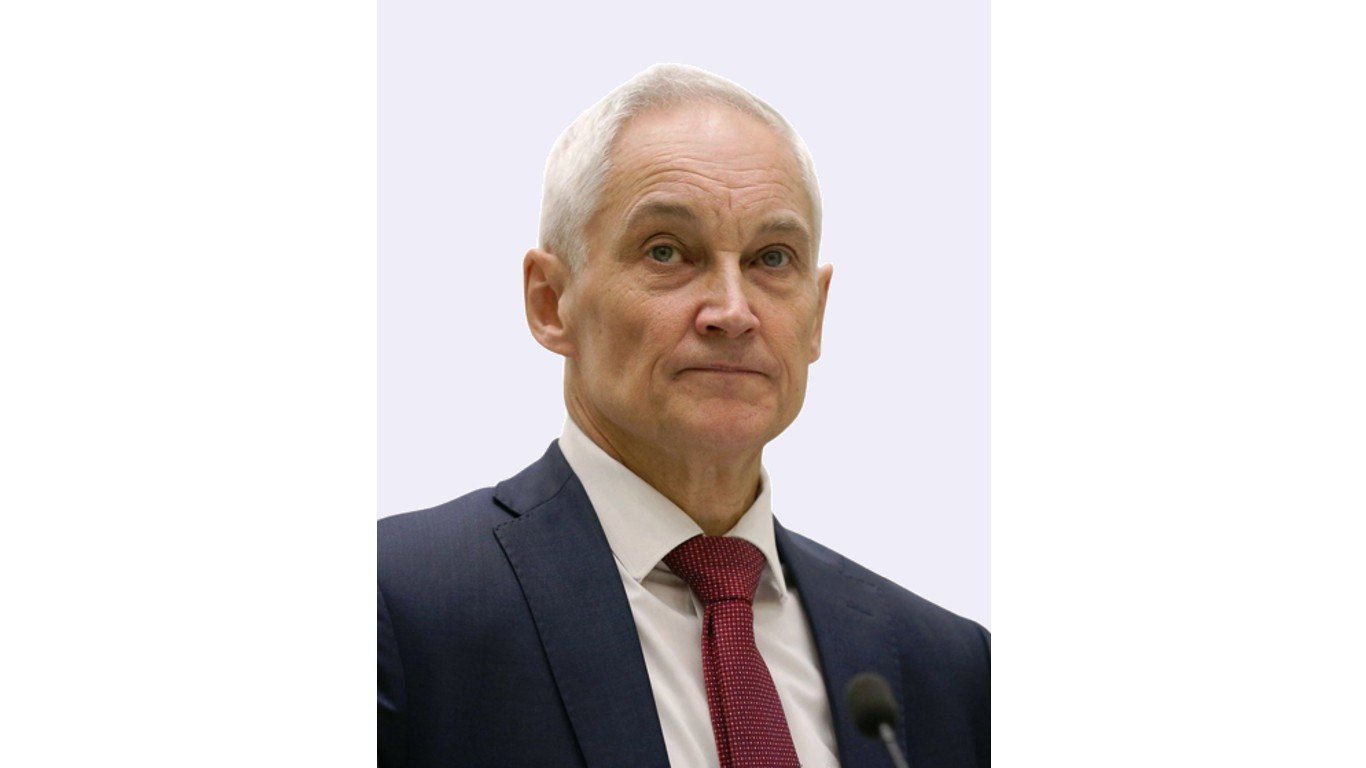
May 14, 2024 – present
An economist rather than a soldier, Belousov was a surprise choice to succeed Sergei Shoigu in May 2024. Belousov previously served in the Ministry of Economic Development, as a Presidential Aide, and First Deputy Prime Minister. The appointment signals a strategic shift towards a war of attrition. He shares Putin’s views on the state’s role in the economy and will be instrumental in mobilizing Russia’s wartime economy.
Seen as an innovator by the Kremlin, Belousov has a keen interest in technology and intends to build thousands of drones in the coming year. Whether this will be enough to break the stalemate remains to be seen.
Conclusion
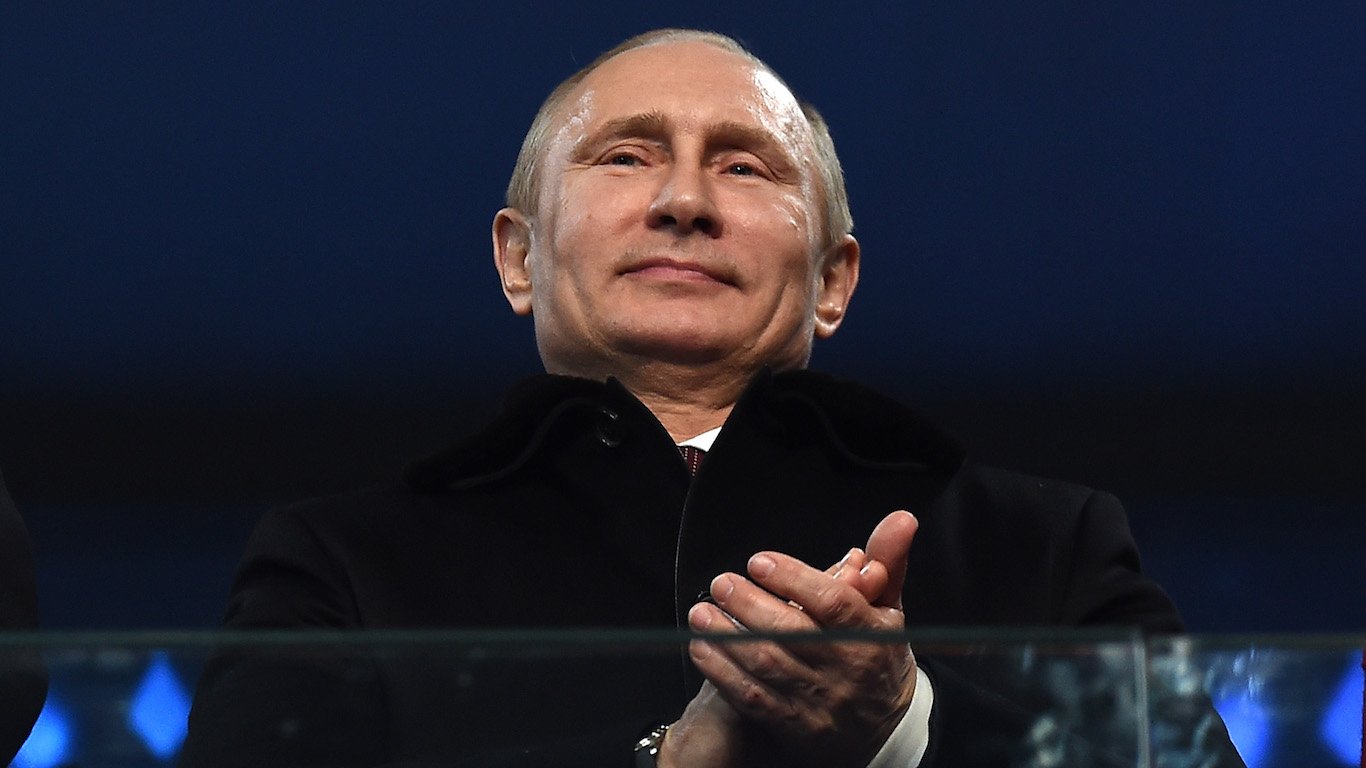
The Russian Minister of Defense tends to occupy an influential but deeply challenging position in Russian politics. Having the ear of the president is vital but carrying out his wishes often comes with entrenched opposition of the upper echelons of the Russian military. Most of the men to have occupied the post were drawn from the so-called siloviki, the security elites who form Putin’s inner circle. It is almost certain one of those men will eventually succeed Putin and he too will need to choose his next Minister of Defense carefully.
You have the option to opt-out of these emails at any moment. For more information, please review our Disclaimer and Terms of Use.
Thank you for reading! Have some feedback for us?
Contact the 24/7 Wall St. editorial team.
